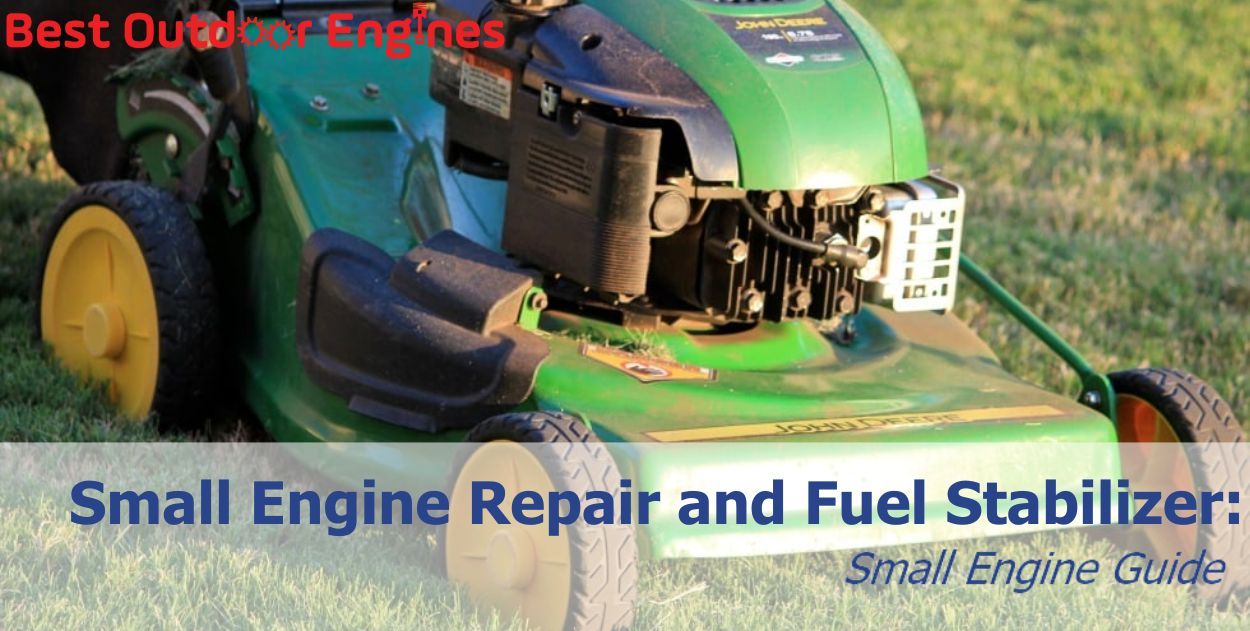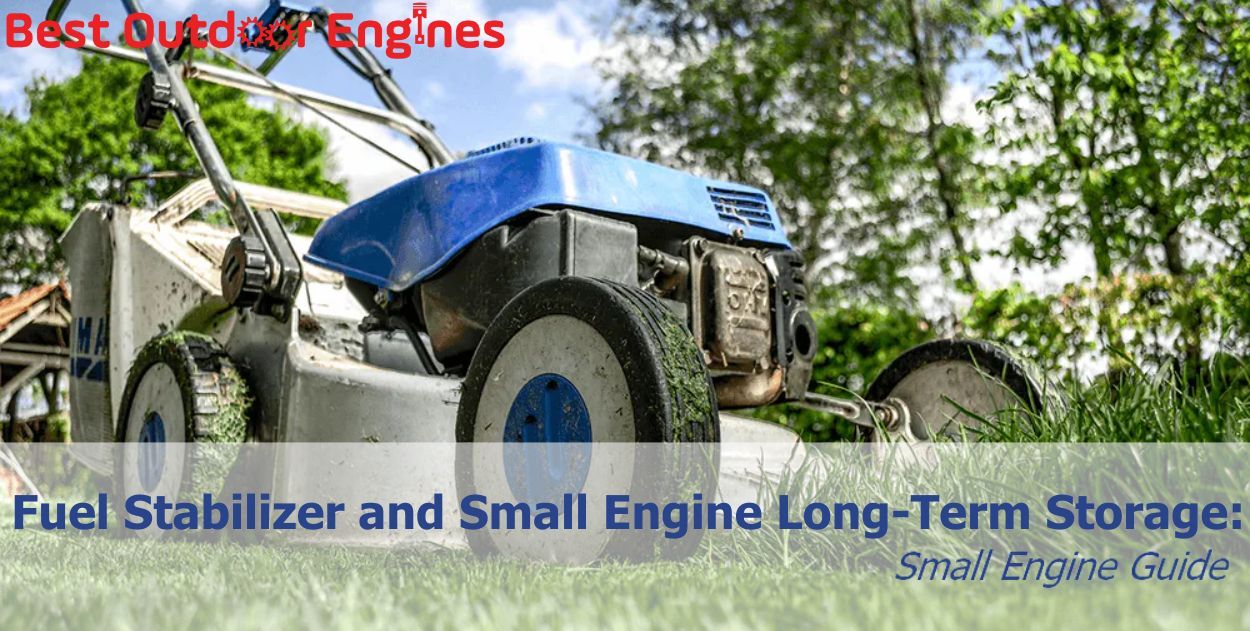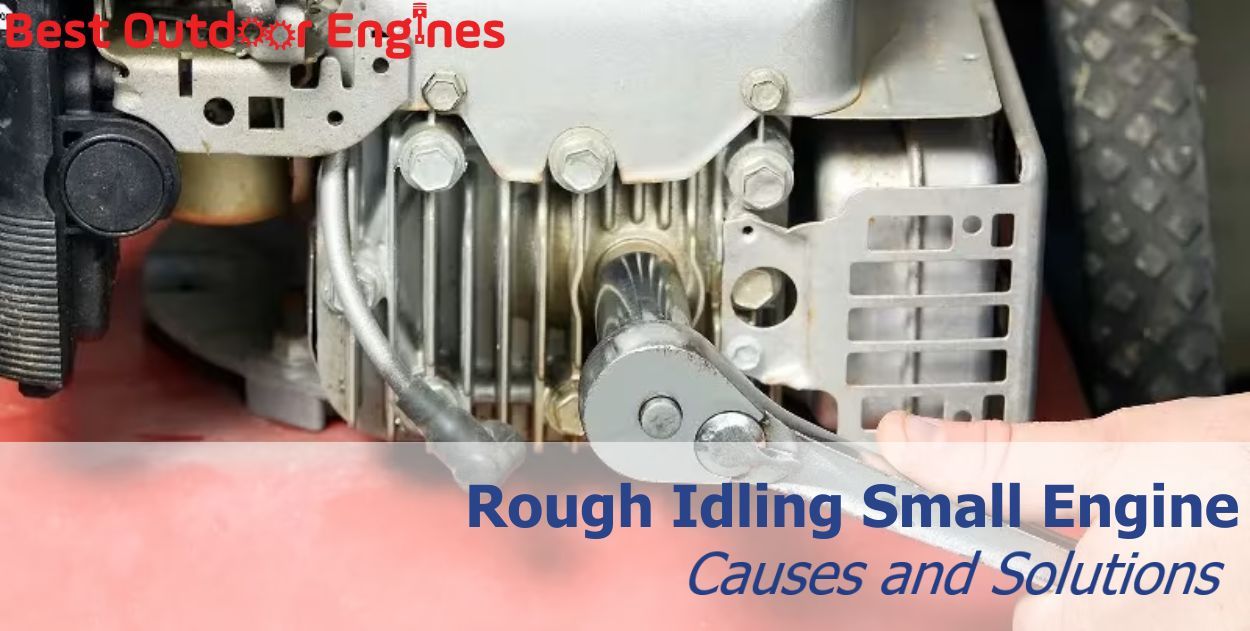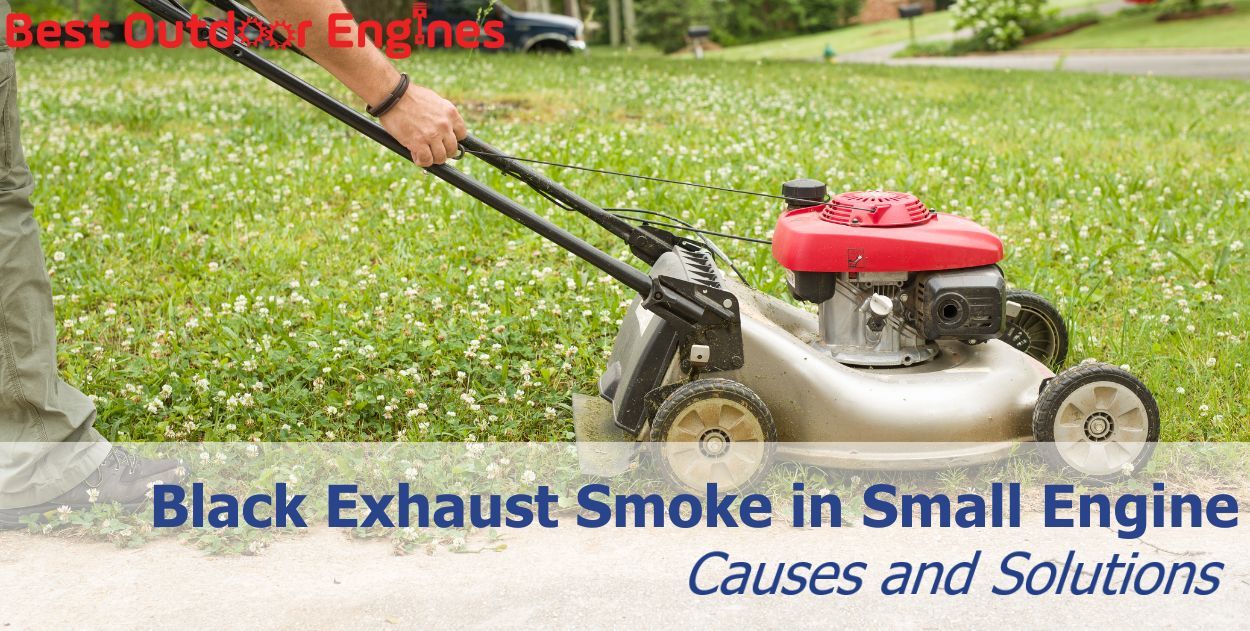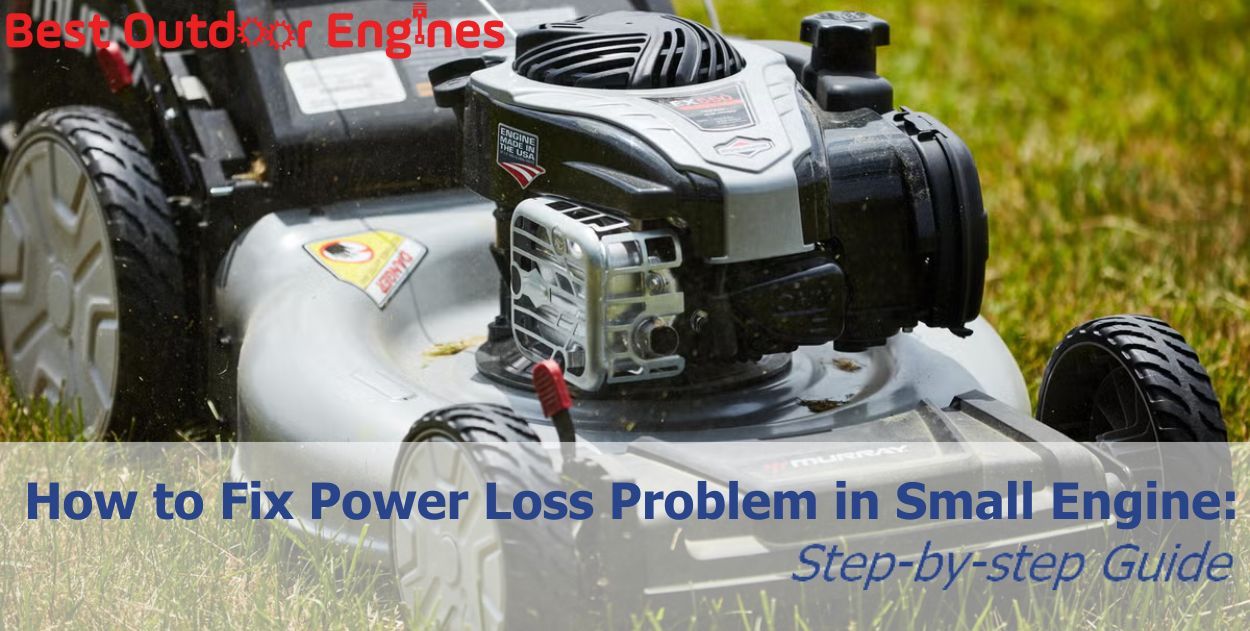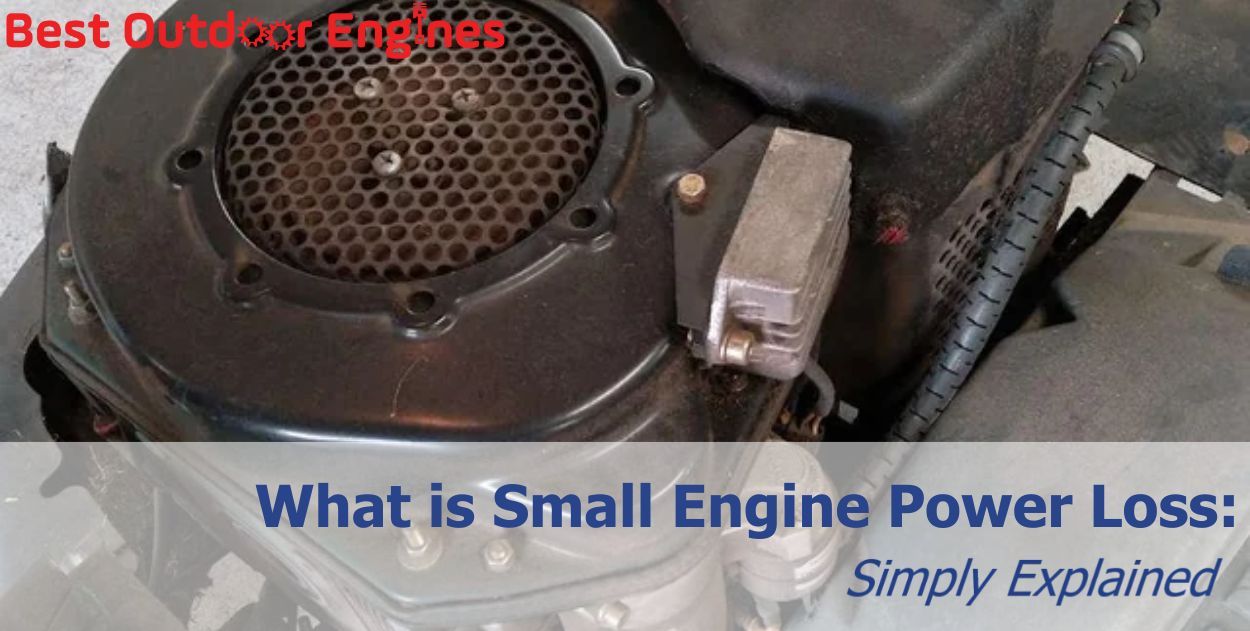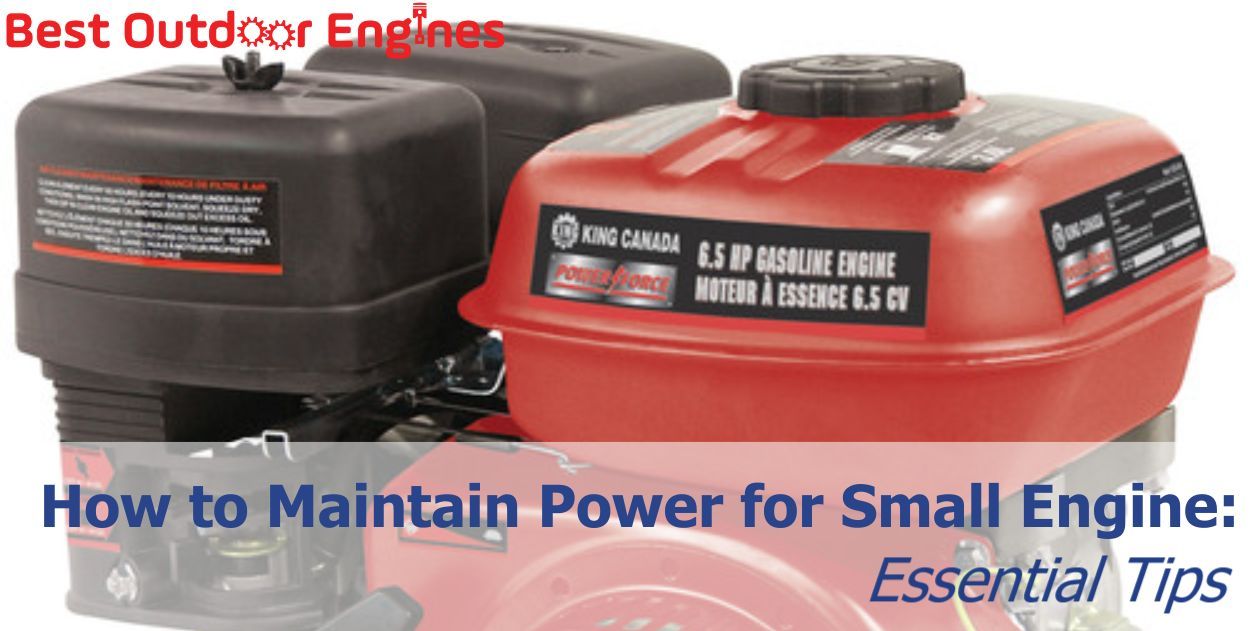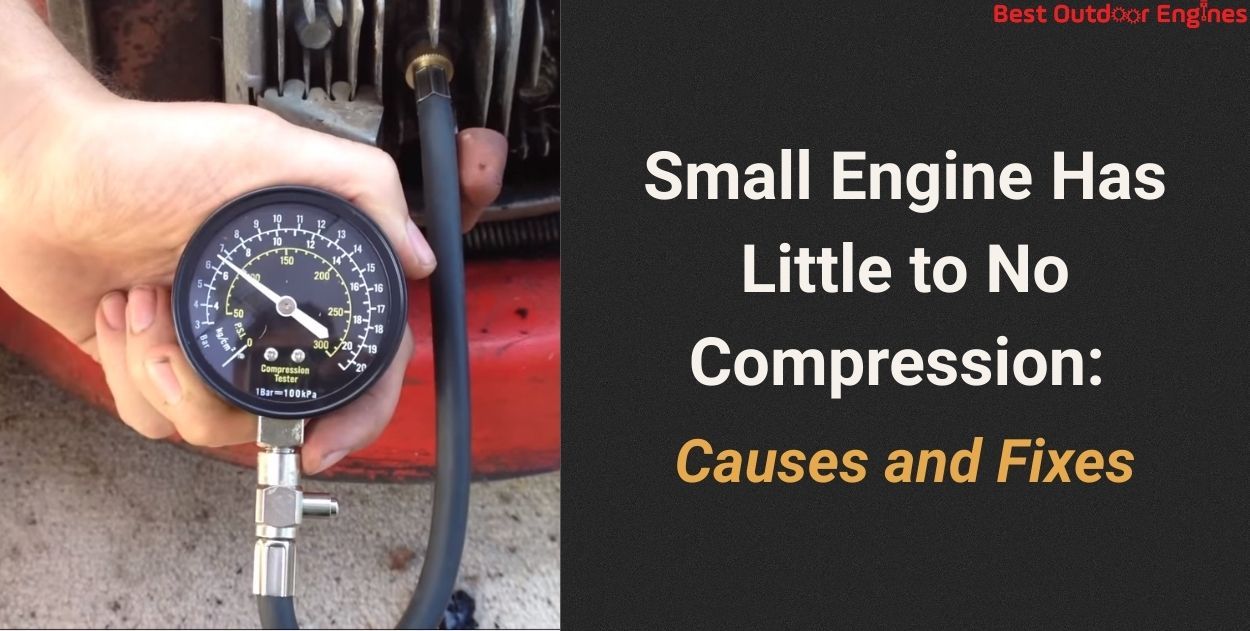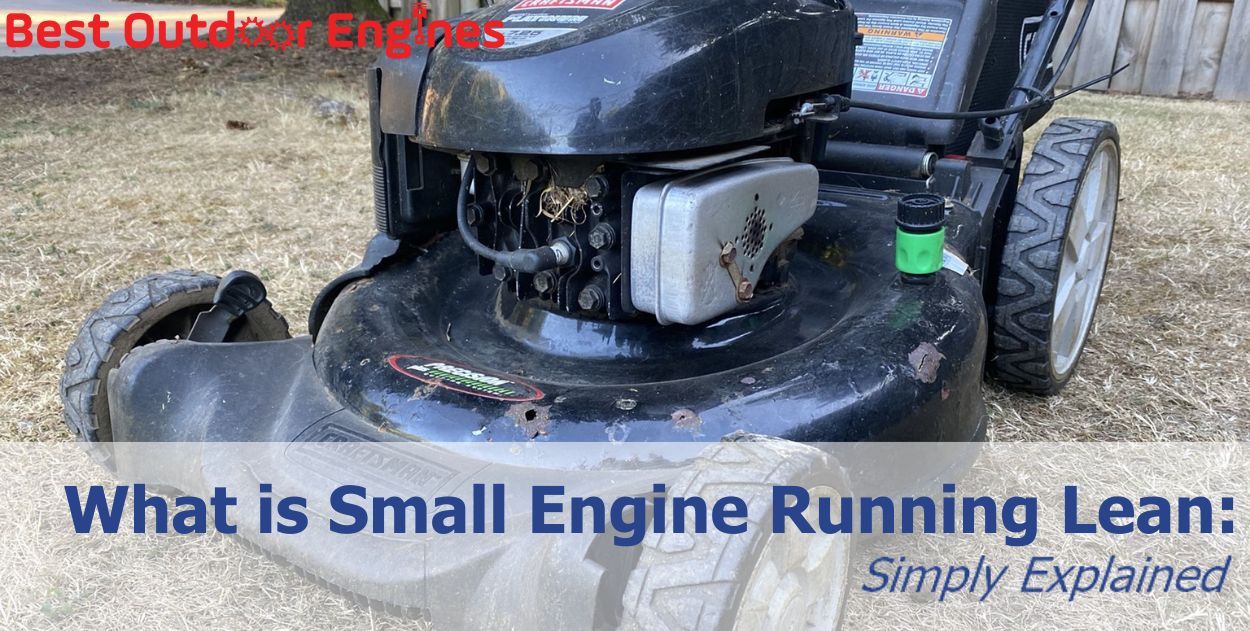Why is My Small Engine Backfiring? Top Causes and Fixes
Small engine backfires can be frustrating, but understanding their causes is the first step to preventing them. This guide explores the common reasons behind small engine backfires, whether it's due to ignition issues, fuel problems, or mechanical issues.

What is a backfire?
Small engines are the heart of our outdoor equipment. We find them in snowblowers, lawnmowers, leaf blowers, and garden tractors, among many other things. Small engines are typically lightweight, portable, and designed for specific tasks. As simple as it may be, small engines are susceptible to a range of issues, including backfires.
So what is backfire? Backfire is usually seen when your small engines experience the sudden, explosive ignition of unburned fuel in the engine's exhaust system. When backfire happens, you can hear a loud bang or a popping sound coming out of your small engine as well as accompanied visible flames. Backfires can be startling and are usually indicative of an underlying problem with the engine.
Here are what we believe to be common signs of back fire in your small engines:
- Loud popping or banging noises from the exhaust.
- Visible flames or sparks from the exhaust pipe.
- Sudden loss of power or stalling.
- Jerky or erratic engine performance.
There are many causes to your small engine to backfire. It can be the fuel, ignition system, air intakes or exhaust system. Let’s take a look into all of these.
Faulty Carburetor
One of the primary reason of small engine backfires is a Faulty carburetor. The carburetor is responsible for mixing air and fuel in the correct proportions for combustion. When it fails to do so, unburned fuel can find its way into the exhaust system, leading to a backfire.
Example: If your generator has been sitting there for months ,the carburetor may get clogged with old fuel. This make so the generator can not get enough fuel to run.
Incorrect Fuel-to-Air Ratio
When your engine is mixing the fuel, it requires the right balance of air and fuel. An incorrect fuel-to-air ratio can also trigger backfires. If the engine runs:
- Too lean (where the is too much air and too little fuel), the combustion process becomes unstable.
- Too rich (in this case too much fuel, but too little air), excess fuel in the exhaust can ignite and backfire.
Example: If you use your small engine or generator in a high-altitude environment, your engine can easily run lean if not adjusted and that leads to frequent backfires.
Clogged Fuel Filter
A fuel system clogged with debris or sediment can disrupt the fuel flow, causing misfires and backfires if you have not done anything to prevent this issue.
Example: Dirty and old fuel left in a lawnmower tank over the winter can clog the fuel filter of the mower's engine, resulting in backfires when you start it in spring.
Faulty Spark Plugs
The spark plug, a part of your small engine's ignition system, can also have issues. Spark plugs play a crucial role in igniting the air-fuel mixture. When they're worn out or malfunctioning, the engine may misfire, leading to backfires.
Example: A generator with a worn-out spark plug may produce inconsistent sparks, causing the engine to misfire and backfire during operation.
Improper Ignition Timing
The precise timing of spark ignition is crucial for smooth engine operation. Any deviations from the correct timing can result in backfires.
The ignition coil generates the spark that ignites the fuel. If it's faulty, inconsistent sparks can occur. You can test your coil with or without a multimeter.
Dirty Air Filter
Air Intake Problems can also cause your small engine to backfire. A clogged air filter restricts the airflow into the engine, affecting combustion.
Example: A snowblower with a clogged air filter may start sputtering and backfiring when used in dusty conditions.

Take the following steps to fix your engine after it has a backfire. It’s all about looking into what is really the problem:
Step 1: Inspect the Carburetor
If you suspect carburetor issues, start by checking for blockages, damaged gaskets, or faulty parts. The easiest thing to do is to clean the carburetor. However, if many parts are broken, you will have to rebuild the carburetor.
Step 2: Check the Spark Plugs and Ignition System
Inspect the spark plugs for wear and replace them if needed. Ensure proper spark plug gap and examine the ignition system for faults. Take a look here to know how to replace your spark plug. The basic to remember is that each spark plug is designated to certain kind of engines only and if you get the wrong spark plug for your small engine, it can be the reason for your small engine backfiring.
Step 3: Inspect the Air Intake
The next thing we suggest you to do is to clean or replace the air filter. Your air filter after use is likely to get dirty and if you forgot about it, then it's time to clean or replace it. If your air filter needs replacement, make sure you know your engine uses a paper air filter, or a foam filter.
Also remember to inspect your small engine air intake system for blockages or damage. Proper airflow is crucial for combustion.
Step 4: Examine the Exhaust System
Check to see if your small engine have any leaks or damaged exhaust valves. Some issues can also come from the mufflers. Repair or replace components as necessary to ensure proper exhaust flow.
To avoid small engine backfires, consider these preventive measures:
Regular Maintenance: Stick to a maintenance schedule, including oil changes, air filter cleaning/replacement, and spark plug checks.
Using Clean Fuel: Always use fresh, clean fuel to prevent sediment buildup and fuel system clogs.
Proper Storage: Store your equipment properly during the off-season to prevent moisture and corrosion, which can contribute to backfires.
Small engine backfires can be perplexing, but with the right knowledge and troubleshooting steps, they can be resolved. Regular maintenance and a keen eye for potential issues will go a long way in keeping your small engines running smoothly.
1. Can small engine backfires cause serious damage to the engine?
Backfires themselves may not cause severe damage, but they can be indicative of underlying issues that, if left unaddressed, could harm the engine.
2. Is it safe to continue using a small engine that backfires occasionally?
It's not advisable. Continuing to use a backfiring engine can lead to more significant problems and reduced engine lifespan.
3. How often should I clean or replace the air filter in my small engine?
It's recommended to check and clean or replace the air filter at least once a season or more frequently if you use your equipment frequently in dusty conditions.
4. Can using old or stale fuel contribute to backfires?
Yes, old or stale fuel can lead to carburetor issues and fuel system clogs, increasing the likelihood of backfires.
5. Are there any DIY methods for preventing small engine backfires?
Regular maintenance, such as cleaning the air filter, checking spark plugs, and using fresh fuel, are effective DIY methods for preventing backfires.



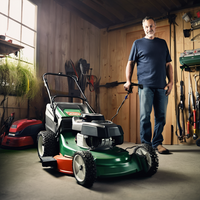
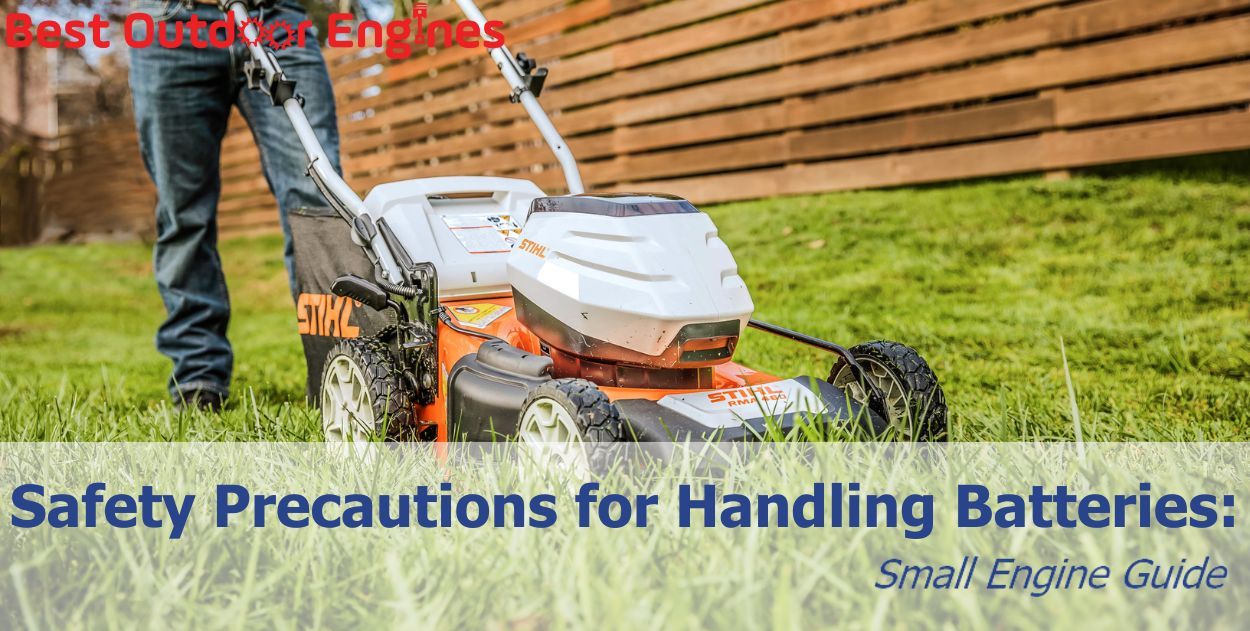

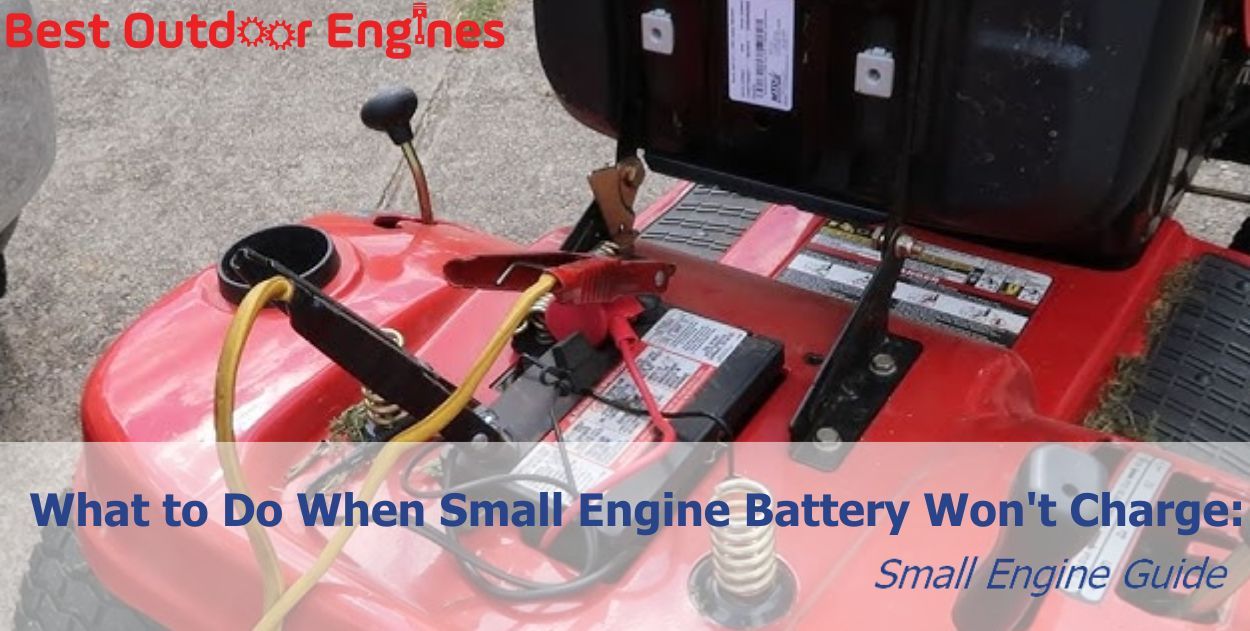
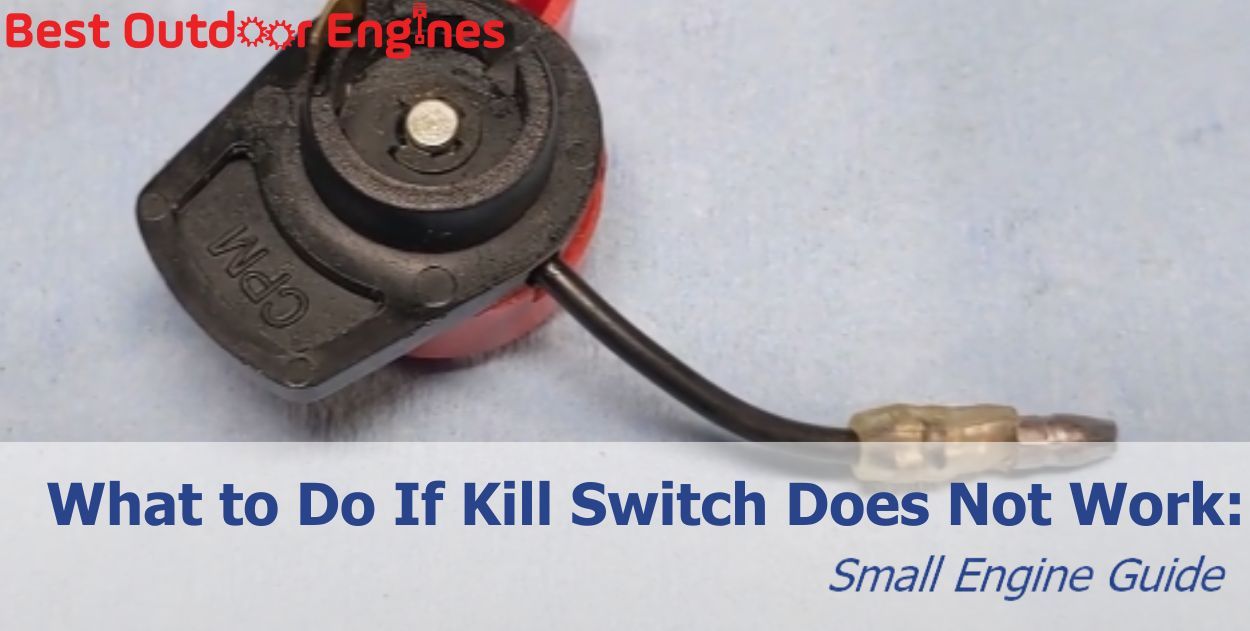
.jpg)
.jpg)

